

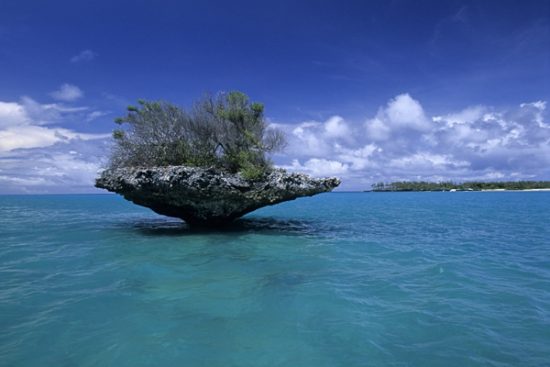
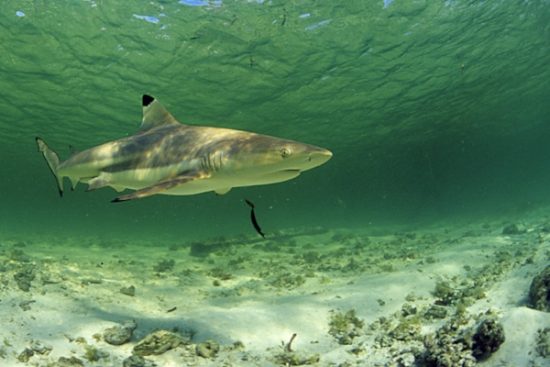
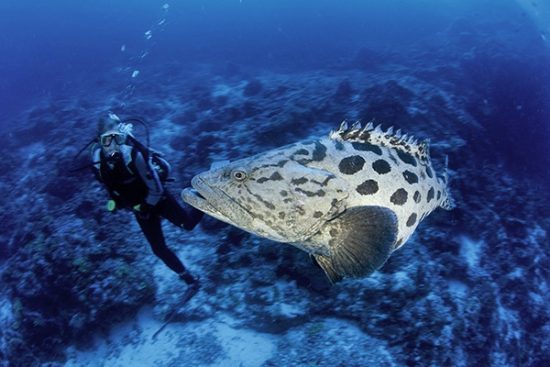
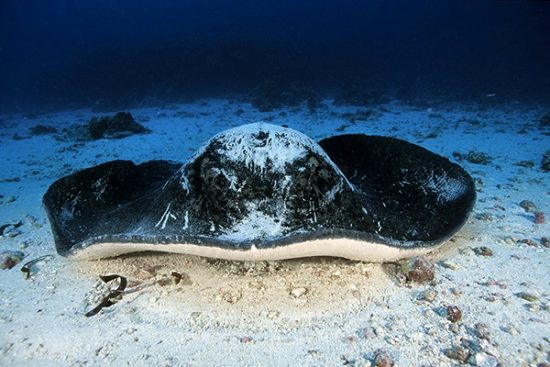
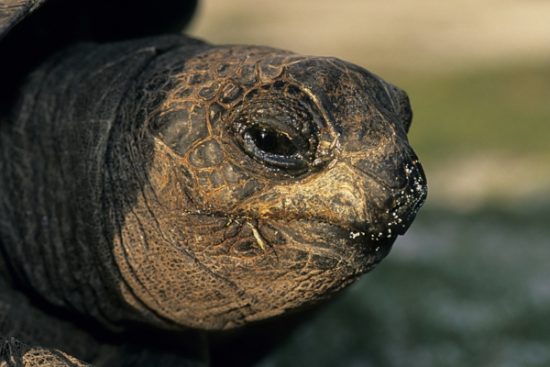
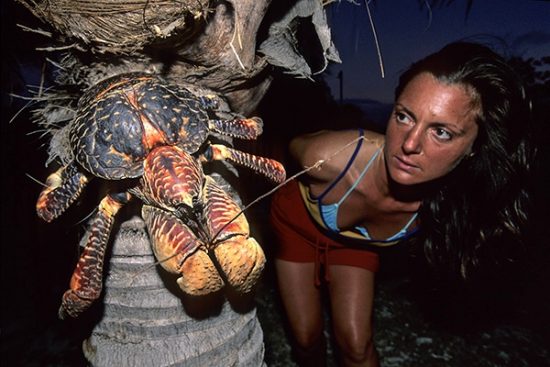
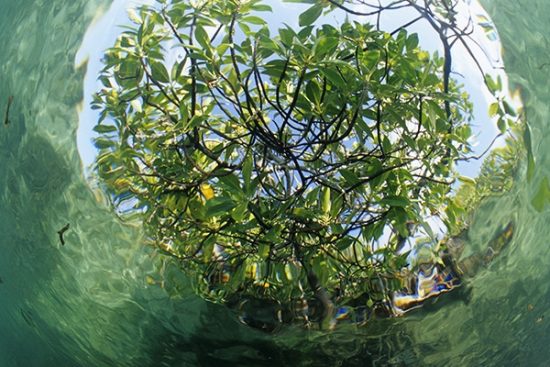
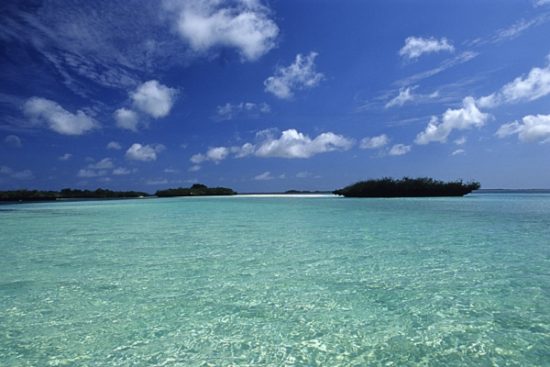
Compared to many millions of people, especially in this difficult time, Franco and I are lucky to live an independent life and to choose when/where/what to do. Some projects take years to realize, some places were inaccessible even before the SARS-2 pandemic.
A few years ago, when I asked Franco “Why don't we go to Aldabra ?” a bright light appeared in his eyes and he immediately answered “YES” (without considering how much it would have cost in terms of time to organize and money ... ). Only a few people have ever been there, and fewer have spent more than two/three hours at this absolutely wild, rough atoll.
Isolated from everything and everyone, far away from the oceanic trade courses, it has rough terrain, a harsh environment and scarce fresh water: enough for suffering only sporadic and brief anthropic interferences. Because of this, a great number of endemic species of flora and fauna have evolved and adapted to the habitat, creating different patterns to their ancestors. It is a rare privilege to walk in to a place where nature has always been and still is the absolute sovereign.
Mares was great in supporting us with the lightest (and sturdiest) equipment possible. The luggage allowance on the domestic flights was really poor, and we could not pack spare parts, however they were unnecessary due to the perfect gear we had for our “once in a lifetime” trip.
The huge internal lagoon –which covers an area of 155 kmq, about 1/3 of the whole raised territory of the Seychelles– provided an awesome and unusual experience. In the warm water facing the research station, snorkelling on a shallow sandy bottom, we were surrounded by harmless specimens of blacktip sharks, totally unbothered by our presence. This was unusual behaviour and a precious experience.
Giant Potato cods (Epinephelus tumula) are extra-large here: they live undisturbed, fearless of fishing lines and nets. Hunted elsewhere due to their delicious flesh, at Aldabra they let us approach them and photograph them without fear. Sometimes we saw them motionless at the 'cleaning station', hypnotized by the nice torment of the little cleaner wrasses, busy picking pieces of food and parasites from their branchial membranes or the inner surface of their big mouths.
Aldabra houses the world largest population of giant tortoises (Geochelone dipsochelys gigantea): more than 152,000 specimens graze on the rough soil compared to the about 10,000 specimens in the Galapagos archipelago. However, at dusk, giant turtles leave the stage to hundreds of extra-large coconut crabs (Birgus latro) which climb up on the coconut trees, cut off the green fruits with their massive claws and feed on the smooth flesh. Their claws are so powerful they can lift rocks or vegetation weighing up to 28 kg.
 Franco and Sabrina
Franco and Sabrina 20th September 2021
20th September 2021
